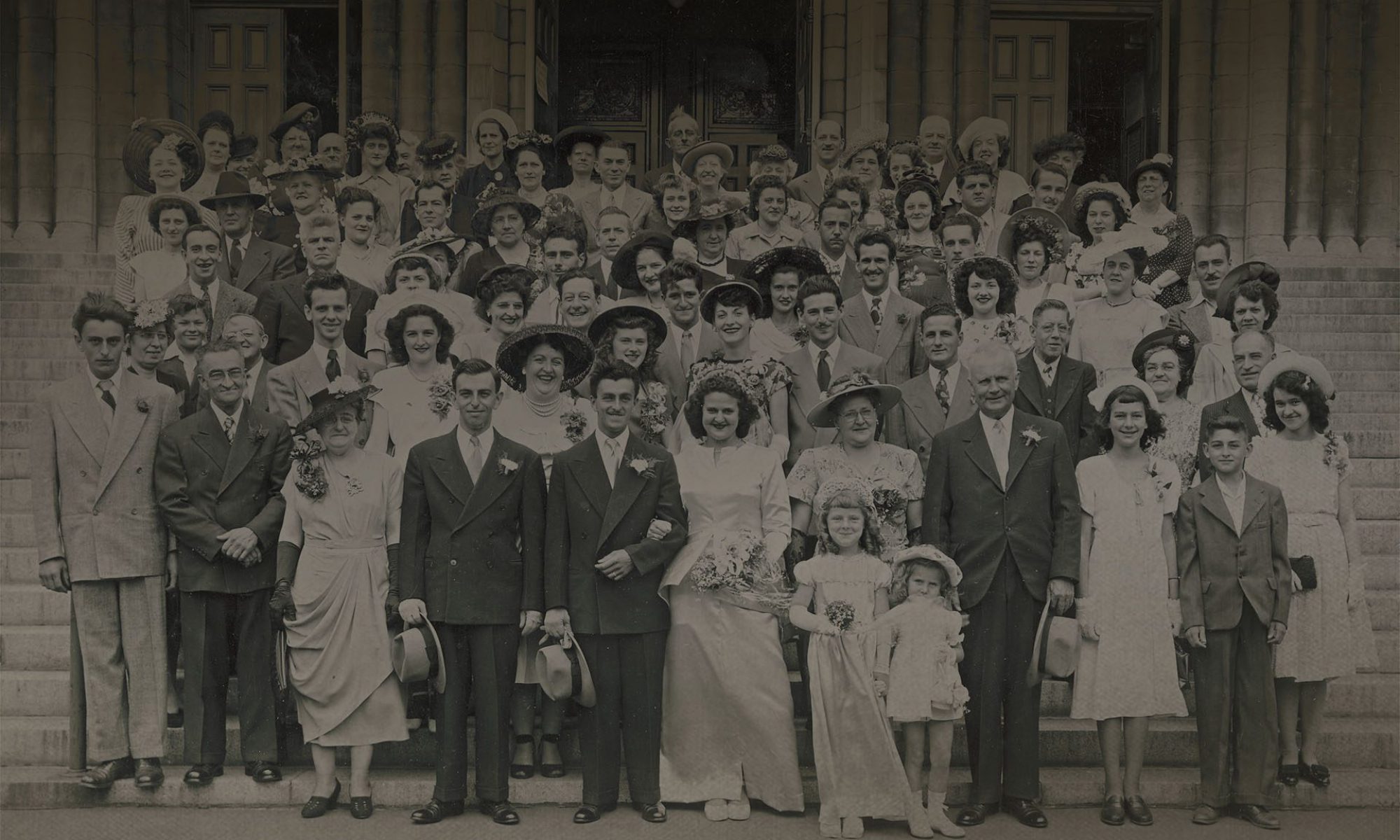This post is also available in: Français
Quebecers in the United States
According to certain studies, around 30 million Americans are descendants of Quebecers ancestors. The family ties are therefore numerous, and given that genealogy is a very popular activity in the United States, the resources for finding information are abundant.
How to Find a Québécois Ancestor in the United States
To carry out such research, it’s possible, among other options, to use resources from Québec and to collect information from genealogical societies located in the most relevant American regions. In the United States, several groups specialize in searching for French-Canadian ancestors.
For example, the American-Canadian Genealogical Society, based in Manchester, New Hampshire, is a centre dedicated to the genealogical research of Canadian and/or Francophone roots. Their collection brings together documents from – among other sources – the Drouin Collection, several Canadian Protestant churches, and archives from various American states.
The American-Canadian Genealogical Society is far from the only organization of this type. Several states, cities, and villages in the region offer this type of service, including the American-French Genealogical Society in Woonsocket, Rhode Island, and the French-Canadian Genealogical Society of Connecticut. It’s therefore possible to contact these organizations or to visit them in person.
The Drouin Collection
Over 25 million civil status documents make up the Drouin Collection. This collection consists of documents that come from Québec, as well as Ontario, Nova Scotia, New Brunswick, and the United States. Indeed, it’s possible to search baptismal records, marriage licences, death certificates, and other official documents, including some from the New England region. It’s therefore a very rich resource to complete research. In addition, the Drouin Collection is easy to access and relatively simple to peruse.
Books and Periodicals About Québécois Ancestors Living in the United States
Was one of the most famous American authors actually Québécois? Jean-Louis “Jack” Kerouac was born in Lowell, Massachusetts to Québécois parents. For that reason, Kerouac’s first language was Joual. Kerouac’s mother was also the first cousin of none other than René Lévesque. In addition to this amusing anecdote, books about emigration from Québec to the United States provide very useful information within the context of research, because they can give us hints and clues.
Here are a few interesting and relevant books and periodicals on this subject, which can be found in a library or digitized on the internet:
- La ruée vers le sud: migrations du Canada vers les États-Unis, 1840 à 1930 (Bruno Ramirez)
- Histoire d’un rêve brisé? Les Canadiens français aux États-Unis (Yves Roby)
- L’émigration des Québécois aux États-Unis de 1840 à 1930 (Yolande Lavoie)
- The French Canadians in New England (Prosper Bender)
- Les Canadiens français de la Nouvelle-Angleterre (Édouard Hamon)
Finding a Québécois ancestor in the rest of Canada
Besides the Drouin Collection, which was mentioned previously, other resources make it possible to research Québécois ancestors living outside the province. For example, it’s possible to contact various local genealogical societies, some of which specialize in searching for data on ancestors of Francophone origin. This is particularly true in Canadian provinces where the Francophone community is still highly developed, including Manitoba, Saskatchewan, Ontario, and the Maritime provinces. Specialists know how to guide people towards the right resources while accompanying them in their research.
This is the key to starting the investigation off right and successfully finding specific information about Québécois ancestors who decided to emigrate to other places.


